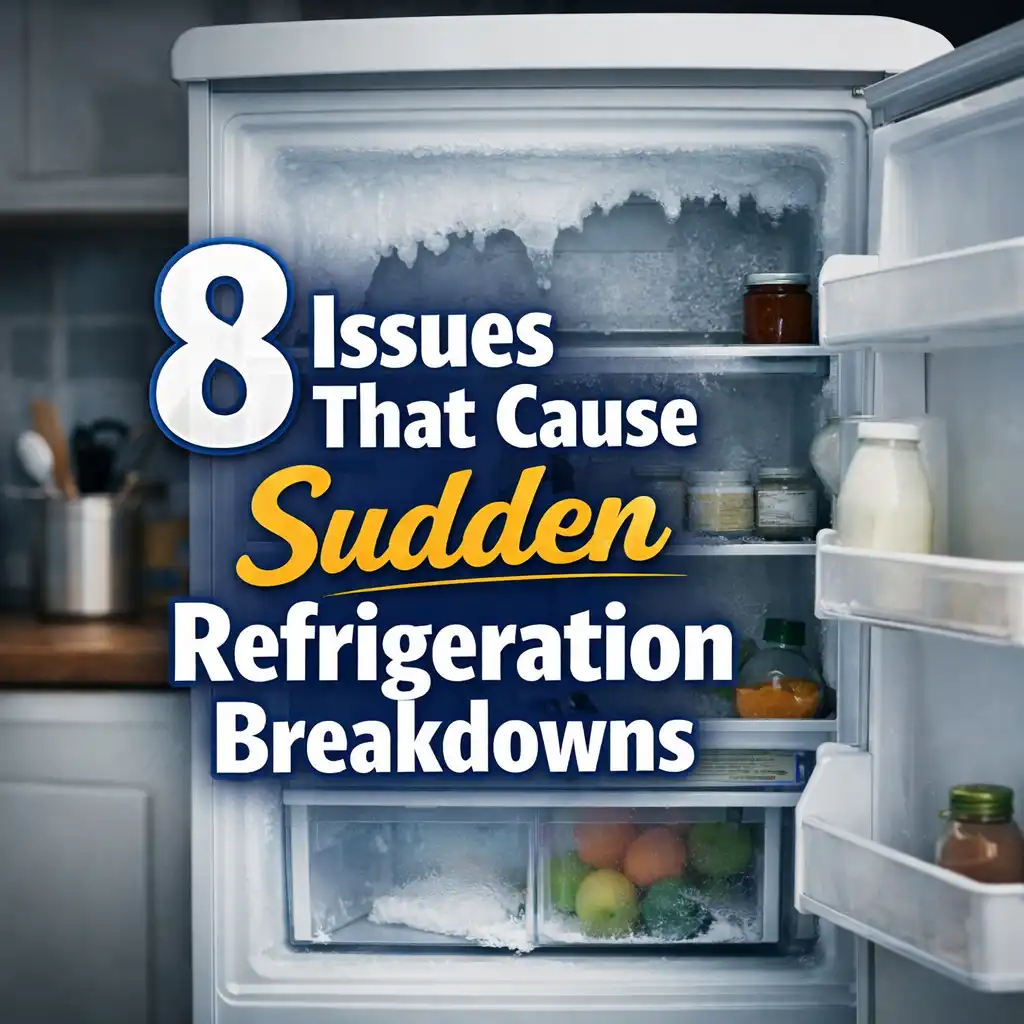The shimmering blue expanse of a swimming pool offers a refreshing escape, a personal oasis in the heart of Texas. However, the joy of pool ownership comes with the responsibility of meticulous care. From combating the relentless Texas sun to navigating complex chemical balances, maintaining a pool requires dedication and expertise. For many Dallas homeowners, entrusting their aquatic haven to professional pool services in Dallas Texas is not just a convenience, but a necessity. Companies like Liquidus Pools provide the essential care that ensures your pool remains a source of relaxation and enjoyment, rather than a chore. This blog will delve into the multifaceted world of pool maintenance, offering a comprehensive guide to keeping your Dallas pool in immaculate condition, highlighting why professional service is often the smartest choice.
The Foundation of a Flawless Pool: Understanding Water Chemistry
The crystal-clear appearance of a healthy pool is a direct result of perfectly balanced water chemistry. This isn’t just about aesthetics; proper chemical levels are crucial for swimmer safety, equipment longevity, and preventing unsightly and unhealthy issues like algae growth.
pH: The Acidity-Alkalinity Balance
The pH level measures how acidic or alkaline your pool water is. The ideal range for pool water is typically between 7.4 and 7.6.
- Too High pH (Alkaline): This can lead to cloudy water, scale formation on pool surfaces and equipment, and reduce the effectiveness of chlorine, making sanitization less efficient. Swimmers might also experience skin and eye irritation.
- Too Low pH (Acidic): Conversely, low pH can cause corrosion of metal pool components (like heaters and ladders), damage to plaster finishes, and eye/skin irritation. Chlorine also dissipates more quickly in acidic water.
Chlorine: The Sanitization Superpower
Chlorine is the primary sanitizer in most pools, responsible for killing bacteria, viruses, and algae. Maintaining the correct chlorine level (typically 1-3 ppm) is paramount.
- Free Chlorine: This is the active chlorine available to sanitize your pool.
- Combined Chlorine (Chloramines): When free chlorine reacts with contaminants like sweat, lotions, and urine, it forms chloramines. These are responsible for that strong “chlorine smell” often associated with pools, and they are less effective sanitizers while also causing eye and skin irritation. Shocking the pool helps break down chloramines.
Total Alkalinity: The pH Buffer
Total alkalinity acts as a buffer, preventing drastic fluctuations in your pool’s pH. An ideal range is 80-120 ppm.
- Importance: Without sufficient alkalinity, your pH can swing wildly, making it difficult to maintain balance and potentially damaging your pool’s surfaces.
Calcium Hardness: Protecting Your Pool’s Surfaces
Calcium hardness refers to the amount of dissolved calcium in the water. The recommended range is generally 200-400 ppm.
- Low Calcium (Soft Water): If the water is too soft, it will seek to absorb calcium from your pool’s plaster or grout, leading to etching and deterioration.
- High Calcium (Hard Water): Conversely, excessively hard water can lead to calcium scaling on surfaces, tiles, and equipment, similar to high pH.
Cyanuric Acid (CYA): Chlorine’s Sunscreen
CYA, or stabilizer, protects chlorine from degrading rapidly due to UV rays from the sun. An ideal range is 30-50 ppm.
- Too Little CYA: Chlorine will be quickly burned off by the sun, requiring constant addition.
- Too Much CYA: High levels of CYA can “lock up” chlorine, making it less effective at sanitizing the water.
Skimming and Brushing: Daily Defense
Regular skimming removes leaves, insects, and other debris from the water’s surface before they sink and break down, contributing to chemical imbalances. Brushing the walls and floor helps dislodge algae and grime, especially in areas with poor circulation.
Vacuuming: Targeting the Depths
Whether manually or with an automatic cleaner, vacuuming removes debris and sediment that settle on the pool floor. This prevents organic matter from decaying and becoming a breeding ground for algae.
Filter Maintenance: The Pool’s Kidneys
Your pool’s filter system is critical for removing microscopic particles and impurities from the water. Different filter types (sand, cartridge, DE) require specific cleaning routines:
- Sand Filters: Typically require backwashing when the pressure gauge indicates an increase.
- Cartridge Filters: Need to be removed and hosed off regularly.
- Diatomaceous Earth (DE) Filters: Require backwashing and periodic recharging with new DE powder.
Equipment Inspection: The Heart of the System
Regular inspection of your pump, heater, skimmer baskets, and other equipment is crucial. Early detection of minor issues, like a worn O-ring or a struggling pump motor, can prevent costly repairs down the line. A professional service will often include these checks as part of their routine.
Algae Blooms: The Green Menace
Algae thrive in warm, sunny conditions and can quickly turn a sparkling pool into a murky mess.
- Causes: Low chlorine, high pH, poor circulation, and excessive organic matter.
- Professional Solutions: Shock treatments, algaecides, thorough brushing, and filter cleaning. Identifying the root cause is key to preventing recurrence.
Cloudy Water: A Hazy Mystery
Cloudy water can be frustrating and indicates an underlying issue.
- Causes: Imbalanced chemicals (especially pH and alkalinity), malfunctioning filter, high total dissolved solids (TDS), or early stages of algae.
- Professional Solutions: Comprehensive water testing, filter inspection/cleaning, flocculants or clarifiers to coalesce small particles, and addressing any underlying chemical imbalances.
Equipment Malfunctions: When Things Break Down
Pumps, filters, heaters, and other components are subject to wear and tear.
- Common Issues: Leaks, motor failures, clogged impellers, electrical problems.
- Professional Solutions: Diagnostic services to pinpoint the problem, expert repairs, and recommendations for replacement parts or upgrades. Timely repairs can prevent further damage to the system.
Leaks: The Silent Water Thief
Even a small leak can lead to significant water loss and increased utility bills.
- Detection: Look for unexplained water loss, damp spots around the pool, or fluctuating water levels.
- Professional Solutions: Specialized leak detection equipment (e.g., pressure testing, dye tests) to pinpoint the exact location of the leak, followed by professional repair.
Expertise and Experience
Professional technicians are highly trained and experienced in all aspects of pool care. They understand the nuances of water chemistry, can quickly diagnose problems, and have access to specialized tools and chemicals.
Cost Efficiency in the Long Run
While there’s a cost associated with professional services, it often saves money in the long run.
- Preventative Maintenance: Regular professional care can identify and address minor issues before they escalate into costly major repairs.
- Optimal Chemical Use: Professionals use the right chemicals in the correct amounts, preventing waste and ensuring efficiency.
- Extended Equipment Lifespan: Proper maintenance reduces strain on your pool equipment, prolonging its life and delaying expensive replacements.
Peace of Mind
Knowing your pool is being cared for by qualified professionals provides peace of mind. You can rest assured that your water is safe and healthy, and your equipment is functioning optimally.
Regulatory Compliance
The City of Dallas has specific regulations regarding pool safety, fencing, and permits for construction. Professional pool service providers are typically well-versed in these local codes, ensuring your pool remains compliant.
Automated Pool Systems
Smart pool systems allow homeowners to control various features remotely via smartphone apps or voice commands. This includes adjusting temperature, controlling lighting, operating water features, and scheduling filtration and cleaning cycles.
AI-Driven Water Quality Management
Advanced sensors continuously analyze water chemistry and can automatically dispense necessary chemicals, ensuring optimal balance without constant manual testing. This helps prevent algae growth and maintains safe chlorine levels.
Robotic Pool Cleaners
Modern robotic pool cleaners use advanced algorithms to map pool surfaces and efficiently clean every inch, including walls and steps. These autonomous devices reduce the need for manual vacuuming significantly.
Energy-Efficient Equipment
Variable-speed pumps and smart heaters adjust their power consumption based on the pool’s needs, leading to substantial energy savings. Many homeowners are also exploring solar-powered heating options.
Conclusion: Your Dallas Oasis Awaits
Maintaining a swimming pool in Dallas, Texas, is an ongoing commitment, but it doesn’t have to be a burden. By understanding the fundamentals of water chemistry, adhering to regular cleaning routines, and leveraging the expertise of professional pool services in Dallas, Texas, you can ensure your pool remains a pristine and inviting sanctuary. The peace of mind and convenience offered by professional care allow you to fully embrace the joys of pool ownership, turning your backyard into the ultimate retreat.
FAQ’s
Q1: How often should my pool in Dallas be serviced by a professional?
A1: The frequency of professional service depends on various factors, including pool usage, surrounding environment (e.g., trees, pollen), and whether you perform any maintenance yourself. Generally, weekly or bi-weekly service is recommended for most residential pools in Dallas to maintain optimal water quality and prevent issues.
Q2: What is included in a typical professional pool service in Dallas?
A2: A comprehensive professional pool service typically includes:
- Water testing and chemical balancing (pH, chlorine, alkalinity, calcium hardness, CYA).
- Skimming debris from the surface.
- Brushing pool walls and steps.
- Vacuuming the pool floor.
- Emptying skimmer and pump baskets.
- Inspecting pool equipment (pump, filter, heater).
- Backwashing or cleaning filters as needed.
Q3: Is it more cost-effective to do DIY pool maintenance or hire a professional in Dallas?
A3: While DIY maintenance can save on labor costs, it requires an upfront investment in tools and chemicals, and a significant time commitment. Incorrect chemical application or neglecting minor issues can lead to costly repairs down the line. Professional services often prove more cost-effective in the long run due to preventative maintenance, efficient chemical use, and extended equipment lifespan.
Q4: What are the common challenges for pool owners in Dallas?
A4: Dallas pool owners often face challenges such as:
- High Temperatures: Accelerate chlorine breakdown and algae growth.
- Pollen and Debris: From trees and landscaping, requiring frequent skimming and cleaning.
- Hard Water: Can lead to scale buildup if not properly managed.
- Storms: Can introduce large amounts of debris and throw off chemical balance.
Q5: Do I need a permit to build or renovate a pool in Dallas?
A5: Yes, the City of Dallas mandates permits for most swimming pool installations, including in-ground pools, above-ground pools exceeding 24 inches in depth, or those with a capacity over 5,000 gallons. Permits are also typically required for any electrical or plumbing work related to the pool. It’s crucial to check with the Dallas Building Inspection Division for current regulations and requirements.



